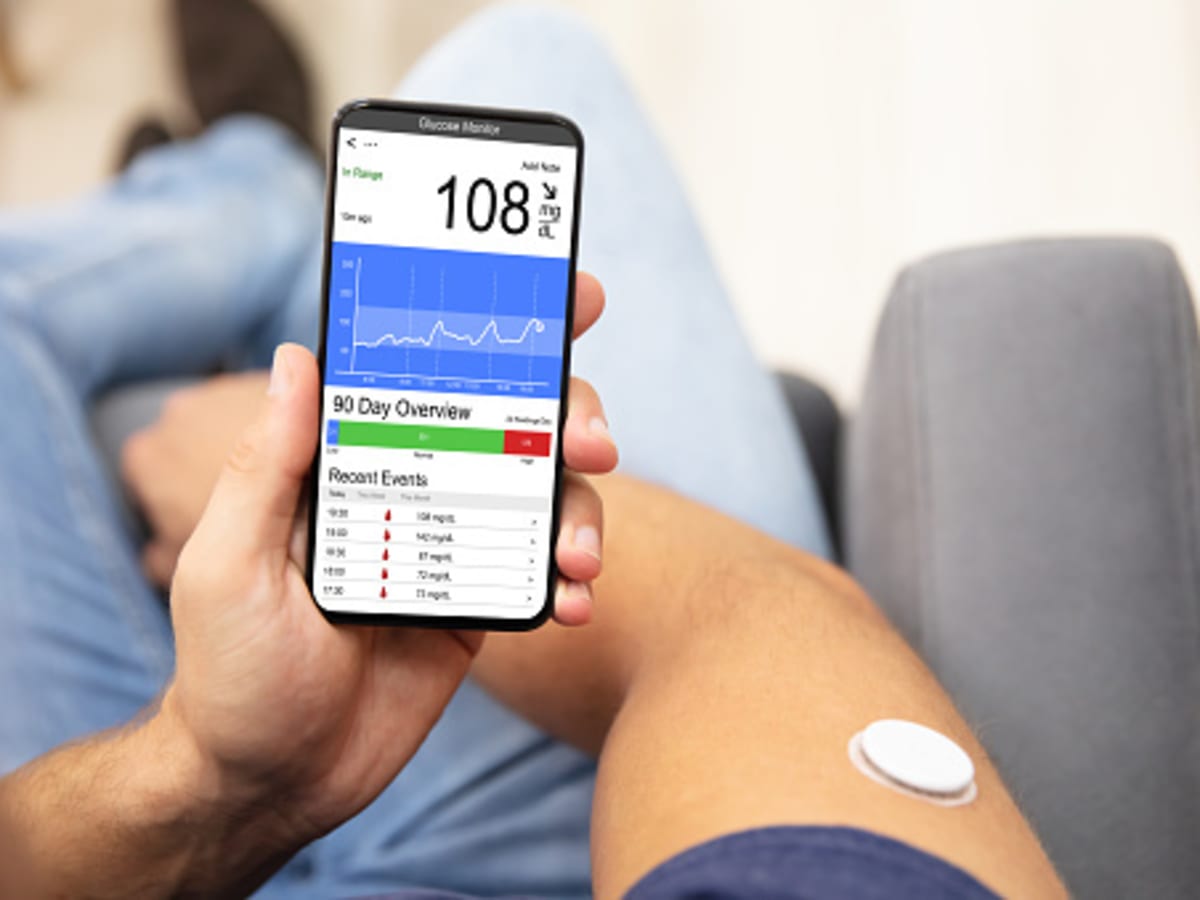In the contemporary era, technology plays a pivotal role in transforming various sectors, and healthcare is no exception. The advent of health technology and mobile health (mHealth) has revolutionized how medical services are delivered, enhancing both accessibility and efficiency. These innovations are not only improving patient outcomes but are also streamlining the workflows of healthcare providers.

The Rise of Health Technology
Electronic Health Records (EHRs)
One of the most significant advancements in health technology is the widespread adoption of Electronic Health Records (EHRs). EHRs replace traditional paper records, providing a digital version of a patient’s medical history. These systems facilitate real-time access to patient data, improving coordination among healthcare professionals. EHRs also enhance the accuracy of diagnoses and treatments by ensuring that critical information is readily available.
Telemedicine
Telemedicine has emerged as a transformative force, enabling patients to receive medical consultations remotely. This technology uses video conferencing, phone calls, and messaging to connect patients with healthcare providers. Telemedicine is particularly beneficial in rural or underserved areas where access to healthcare facilities is limited. It also reduces the need for in-person visits, saving time and resources for both patients and providers.
The Advent of mHealth Technology
Mobile Health Apps
mHealth technology, characterized by the use of mobile devices to support health practices, has seen exponential growth. Mobile health apps are at the forefront of this movement, offering various functionalities such as tracking physical activity, monitoring chronic conditions, and providing medication reminders. These apps empower individuals to take an active role in managing their health, promoting a proactive approach to wellness.
Wearable Devices
Wearable devices, including smartwatches and fitness trackers, are integral to mHealth technology. These gadgets monitor vital signs like heart rate, blood pressure, and sleep patterns, providing valuable insights into an individual’s health status. The data collected can be shared with healthcare providers, enabling more personalized and timely interventions. Wearables also motivate users to maintain a healthy lifestyle by setting and tracking fitness goals.
Benefits of Health and mHealth Technology
Improved Patient Engagement
Health and mHealth technologies foster greater patient engagement by providing tools and resources that facilitate self-management. Patients can access their health information, track their progress, and communicate with their healthcare providers, leading to more informed and involved individuals.
Enhanced Healthcare Delivery
These technologies streamline healthcare delivery by improving communication and coordination among providers. EHRs, for example, ensure that all members of a healthcare team have access to the same information, reducing the risk of errors and duplicative tests. Telemedicine and mHealth apps extend the reach of healthcare services, making them more accessible to a broader population.
Challenges and Considerations
Data Security and Privacy
The integration of digital technologies in healthcare raises concerns about data security and privacy. Protecting sensitive patient information from cyber threats is paramount. Healthcare providers and technology developers must implement robust security measures to safeguard data and ensure compliance with regulations such as the Health Insurance Portability and Accountability Act (HIPAA).
Technology Adoption and Usability
While the benefits of health and mHealth technology are evident, widespread adoption can be challenging. Factors such as cost, interoperability, and user-friendliness play crucial roles in the successful implementation of these technologies. Ensuring that both patients and healthcare providers are adequately trained and comfortable using these tools is essential for maximizing their potential.
Future Prospects
The future of health and mHealth technology is promising, with ongoing advancements poised to further enhance healthcare delivery. Innovations such as artificial intelligence (AI) and machine learning are expected to bring more sophisticated diagnostic tools and predictive analytics. Additionally, the integration of Internet of Things (IoT) devices will create a more interconnected and responsive healthcare ecosystem.
In conclusion, the evolution of health and mHealth technology represents a significant leap forward in modern healthcare. These advancements offer myriad benefits, from improved patient engagement to enhanced healthcare delivery. However, addressing challenges related to data security and technology adoption is crucial to fully realizing their potential. As technology continues to evolve, it holds the promise of a more efficient, accessible, and personalized healthcare system.